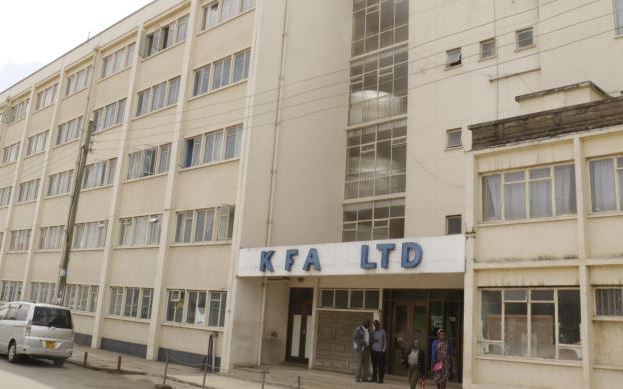×
The Standard e-Paper
Stay Informed, Even Offline

Fears of government interference, which has been blamed for the firm’s collapse, sparks opposition.
The planned revival of the Kenya Farmers Association (KFA) is yet to take off a year after a presidential directive.